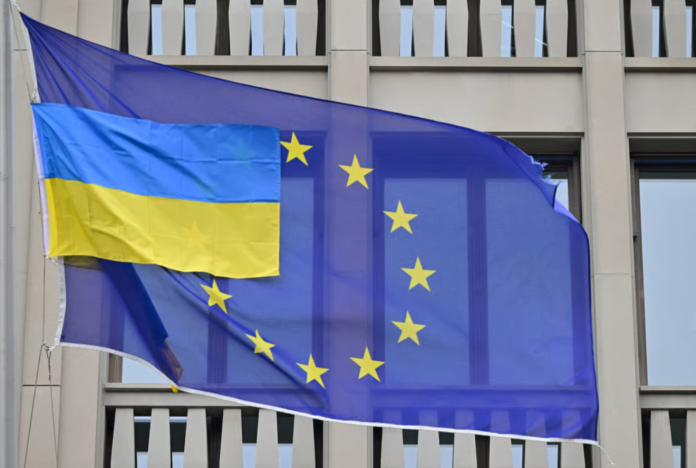The EU is about to agree on new budget rules that will increase military spending related to Russia’s invasion of Ukraine, according to Reuters.
The new fiscal rules strengthen the euro used in 20 countries by limiting government borrowing. There will also be restrictions on the ceiling of the budget deficit at the level of 3% of GDP and on public debt at 60% of GDP. Disciplinary measures will be provided for countries that exceed these restrictions.
Currently, only nine EU countries do not exceed the budget limits, while four – Finland, Romania, Hungary and the Slovak Republic – will have exceeded the allowable figures by the end of this year.
France, Germany and Italy, the largest EU economies, are below the threshold imposed by NATO.
Russia’s invasion of Ukraine in 2022 forced many neighboring countries to insist on excluding military spending from the calculations of the EU deficit.
“This did not fly, but there is agreement that while defence spending would still be part of the deficit calculations, the Commission would categorise such outlays as ‘relevant factors’ that allow it not to start any disciplinary steps even if the 3% limit is exceeded.”
Despite the invasion, 12 member countries of the alliance have cut defense spending in 2022.
Objections to excluding military spending from the budget deficit are related to the fact that such a move may help hide ordinary expenses under the guise of spending on defence. One of the EU diplomats associated with the negotiations said that he had not yet heard “no” from any of the countries.
“I have hope that on defence we can agree on some limited room, especially for countries with fiscal space.”
EU finance ministers will hold an initial discussion on the rule changes next week and then again in October with the aim of reaching an agreement by the end of the year. Some high-ranking officials called this deadline very ambitious.
The governments also intend to ensure that the rules will reflect positive economic realities that contribute to the transition to a more “green” and digital economy.
